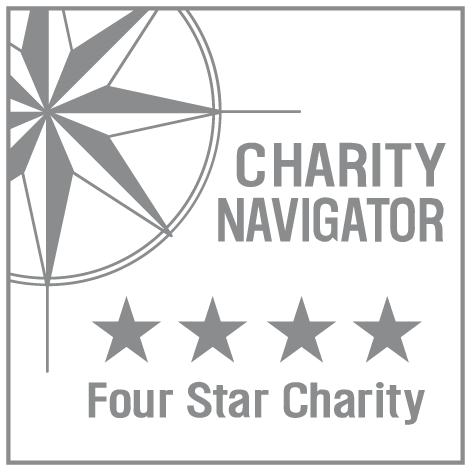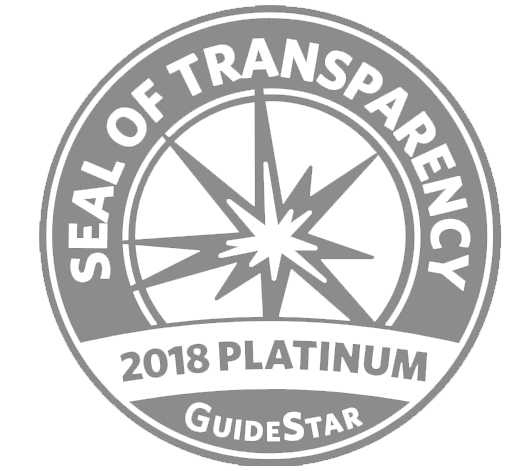FAQ's
One hundred percent of the membership fees are used by the Program in rescuing, distributing and transporting the produce.
The employees who work directly in the food rescue program are paid by the Program’s budget.
The networking groups are open to all who would like to participate.
The additional money should enable us to rescue more produce.
All the produce are USDA-inspected.
We have been rescuing an average of 30 million pounds per year over the last five years.
The distribution is made possible with the use of our three semi trucks. The rest of the produce is picked up by the receiving charities and the public that take the greater percentage of the total.
Given the short shelf life of the produce, we do our best to distribute these produce within the 24- to 48-hour time frame.
Last year we had over 23 million pounds of produce. The agencies in Arizona received 11%, direct clients have received 66%, Mexican agencies received 3%, out-of-state agencies received 7% and spoilage amounted to 13%.
We have five employees who do these expeditiously since the produce has a faster rate of spoilage.
It depends on the percentage of bad produce donated. If the load that is being re-packed is 70% good it would take approximately 4 hours 80% good 3 hours 90% good 2 hours. The type of produce also dictates the time. For example, tomatoes take longer than cucumbers, about twice as long.
We receive different varieties of tomatoes, squash, cucumbers, peppers, melons, cantaloupes, beans, zucchini, eggplants corns and watermelons.
Only produce permitted by the FDA to be distributed through US grocery stores are made available.
With additional resources, we can rescue an additional ten million pounds of produce every year.
I receive a yearly salary from the Feed My People Children’s Charity (FMPCC), the parent charity of The 3000 Club as its Chief Executive Officer.
I try to work as efficiently as possible in managing the different programs of the FMPCC.
We are currently putting all our energies into increasing the membership of The 3000 Club. However, since we launched this project in early May of 2008, we have been the recipient of the proceeds from several fund raising events held by The 3000 Club members.
The fact that we are preventing over 30 million pounds of good produce from ending up rotting in a landfill and get them to the hungry, hurting families who desperately need them, is what sustainable solutions in the Green Program is all about.
The produce comes from Mexico and transported to the different produce sheds in Nogales, Arizona. These facilities handle the distribution of the same to the different supermarkets and food warehouses throughout the United States and Canada.
Borderland Food Bank has eight employees.
Feel free to contact us at info@cervicalcancerpa.org





